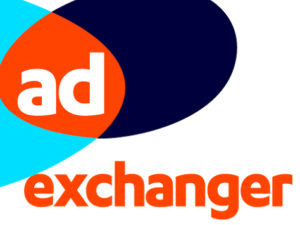
In an effort to put more teeth into its so-called media “transparency” initiatives, the 4As today called on its members to put the association’s principles into practice, not just treat them as recommendations for best practices. Additionally, the 4As unveiled plans to conduct a series of member meetings to discuss how to put the principles into practice.









